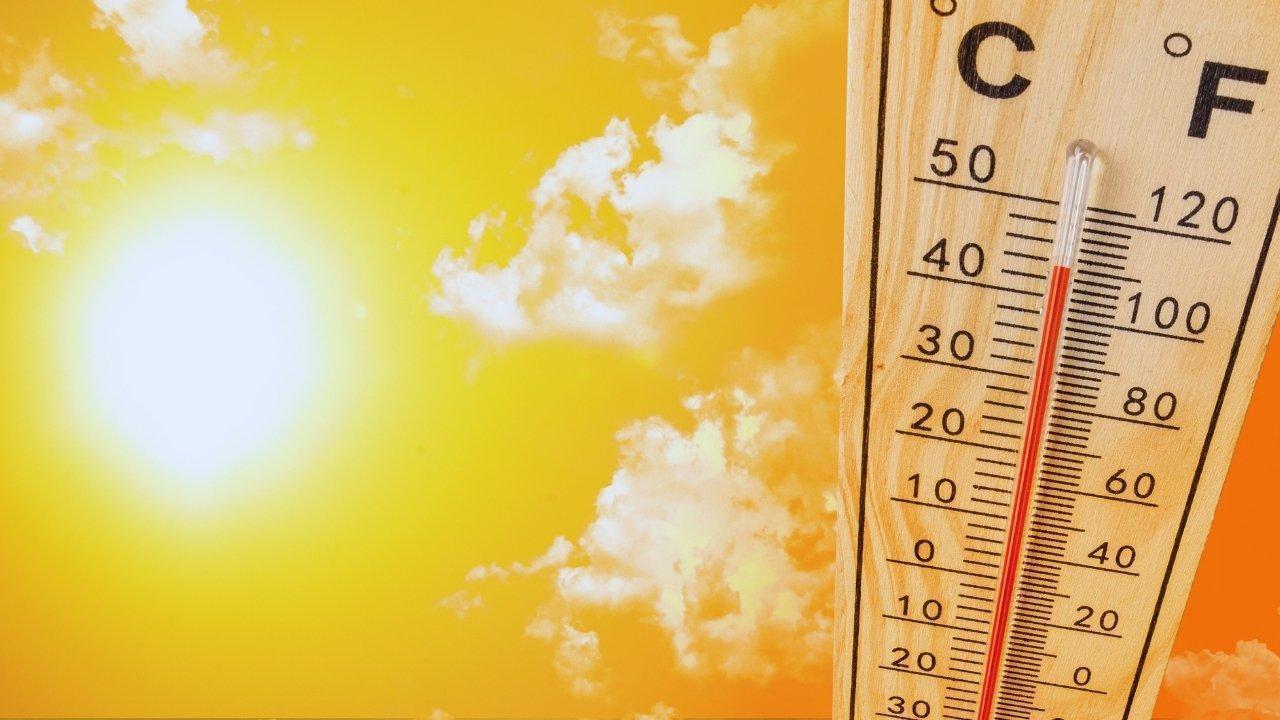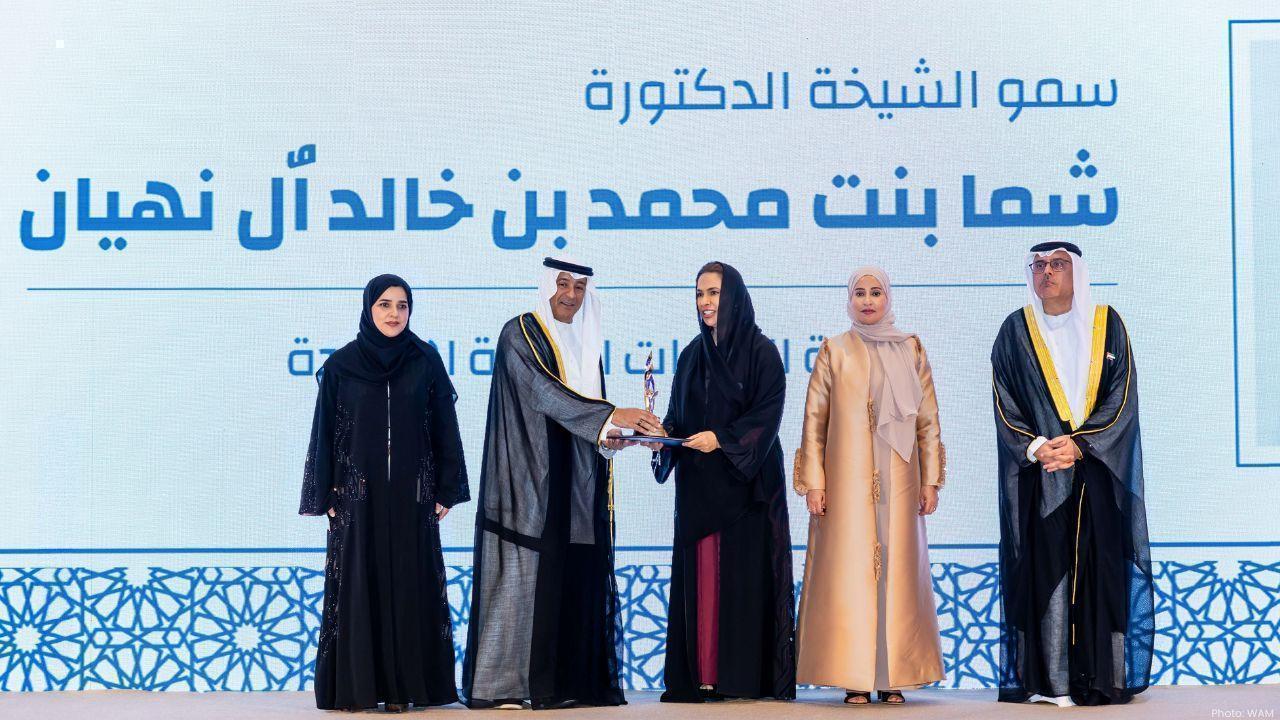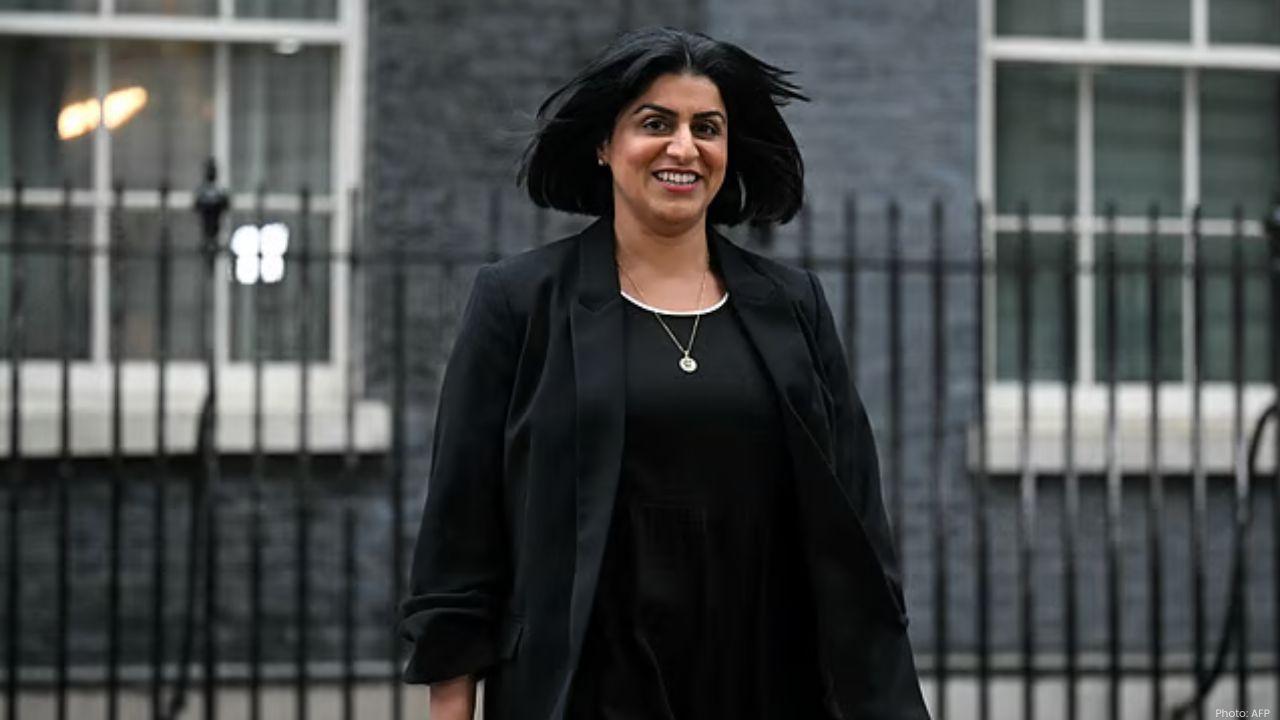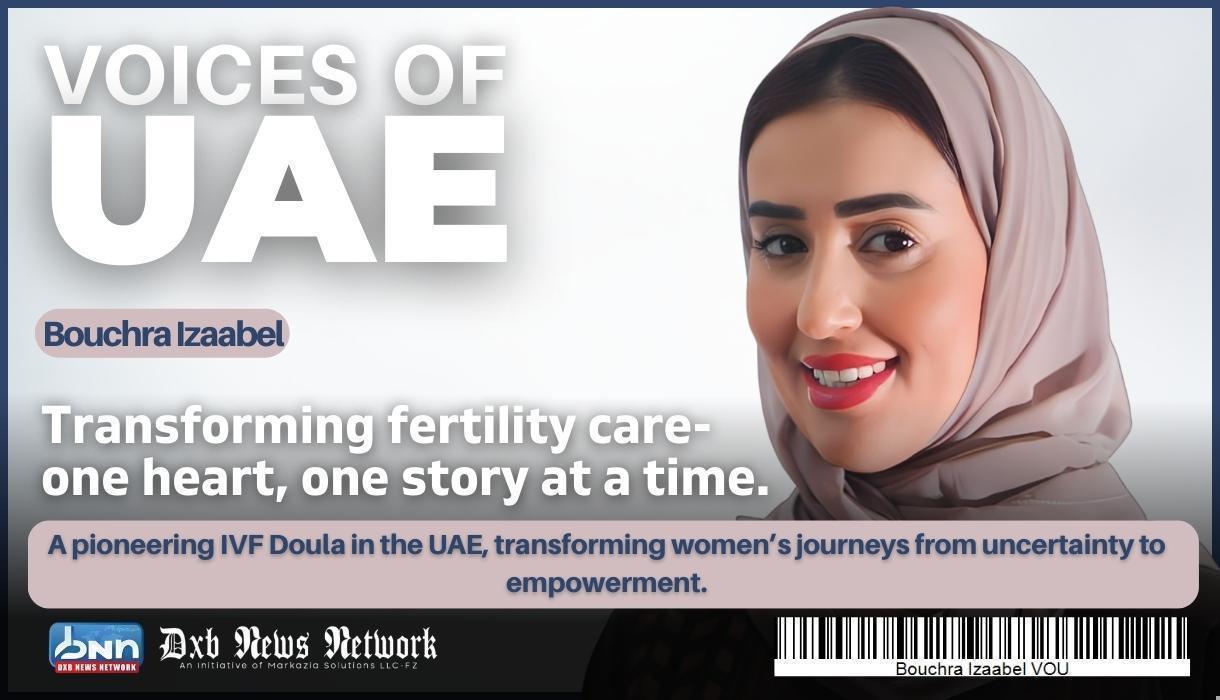
Post by : Anish
The year 2024 marked one of the most alarming milestones in the global climate crisis. According to newly released climate data, nearly four billion people—about half of humanity—endured an additional 30 days of extreme heat compared to historical averages. This is not just a statistic; it represents billions of lives strained by hotter homes, longer work disruptions, increased health risks, and mounting economic losses. The finding underscores that global warming is no longer a distant threat—it is a present reality reshaping daily life across continents.
Extreme heat days are defined as periods when temperatures climb well above historical averages, often surpassing thresholds dangerous for human health. Scientists attribute the sharp increase to a combination of greenhouse gas emissions, El Niño patterns, and urbanization. Greenhouse gases trap heat in the atmosphere, creating a warming blanket around the planet. Meanwhile, natural cycles like El Niño amplify existing warming, pushing many regions into record-breaking territory. Add in expanding cities with dense concrete and limited greenery, and the heat intensifies further.
Extreme heat is more than an inconvenience; it is a silent killer. Prolonged exposure strains the human body, leading to heatstroke, dehydration, and exacerbation of chronic conditions such as heart and lung diseases. In 2024 alone, hospitals across Asia, Europe, and parts of North America reported a surge in emergency admissions linked to heat-related illnesses. Vulnerable populations—elderly individuals, children, outdoor workers, and those without access to cooling—faced the harshest impacts. This health burden not only costs lives but also strains healthcare systems already under pressure.
The financial consequences of an extra month of extreme heat ripple across industries. In agriculture, prolonged heat stressed crops, reduced yields, and drove food prices upward. In construction and manufacturing, outdoor work slowed or halted, reducing productivity. Energy demand surged as households and businesses relied heavily on air conditioning, causing spikes in electricity bills and even blackouts in some regions. Tourism, too, suffered as scorching conditions deterred visitors. Collectively, these disruptions cost economies billions, highlighting that climate change is as much an economic issue as it is an environmental one.
Cities bear a disproportionate share of the burden due to the urban heat island effect. Concrete, asphalt, and steel absorb and radiate heat, keeping cities warmer than surrounding rural areas. In megacities such as Delhi, Jakarta, and Cairo, residents endured record-breaking heatwaves that pushed temperatures past tolerable limits. Informal settlements without access to cooling infrastructure were hardest hit, with families forced to choose between unbearable heat and skyrocketing electricity bills. The crisis has highlighted deep inequalities in how urban populations experience climate change.
While extreme heat touched almost every continent, its effects varied. South Asia and the Middle East experienced relentless heatwaves that pushed human tolerance to its limit. In Southern Europe, prolonged heat threatened water supplies, sparking drought concerns. Meanwhile, North America faced widespread wildfires fueled by hot, dry conditions, displacing communities and destroying livelihoods. In Africa, extreme heat compounded existing challenges of food insecurity and limited access to healthcare. The global picture reveals that while heat is universal, its impacts are deeply unequal.
Rising temperatures have direct consequences for essential resources. Heat-stressed crops such as wheat, rice, and maize saw reduced yields in multiple regions, threatening food security for millions. Water supplies also came under strain, as higher evaporation rates depleted reservoirs and rivers. Farmers faced the double challenge of crop failures and rising irrigation costs, forcing many to abandon fields or switch to less profitable crops. These disruptions not only risk hunger but also destabilize markets, fueling inflation and social unrest in vulnerable economies.
Faced with a hotter world, adaptation is no longer optional—it is urgent. Governments are investing in heat action plans, which include early warning systems, cooling shelters, and public awareness campaigns. Urban planners are exploring solutions such as green roofs, tree planting, and reflective building materials to mitigate urban heat islands. Workplaces are adjusting schedules to protect outdoor workers during peak heat hours. While these steps offer some relief, they are stopgaps unless paired with aggressive action to cut emissions and slow global warming.
Technology is emerging as a frontline defense against extreme heat. Renewable energy solutions reduce reliance on fossil fuels while ensuring reliable cooling without worsening emissions. Smart grids help manage surges in electricity demand during heatwaves. Innovations in building design—such as passive cooling, advanced insulation, and climate-resilient materials—are becoming critical in both developed and developing nations. Apps that track heat risk and guide hydration or rest breaks for outdoor workers are also proving effective in saving lives.
Heat does not affect everyone equally. Wealthier nations can afford widespread cooling, healthcare, and adaptation measures, while poorer countries are left struggling. Within countries, low-income communities often live in poorly ventilated housing and lack access to cooling technologies. This growing divide underscores the importance of climate justice—ensuring that resources, technology, and financial aid reach those most vulnerable. Without equity, climate adaptation risks widening global inequalities and leaving billions more exposed in the years ahead.
The reality of half the world enduring an extra month of heat is a stark warning. Climate change is accelerating, and the human cost is escalating. Governments, industries, and individuals must recognize that adaptation alone is insufficient. Aggressive measures to cut greenhouse gas emissions remain the only way to prevent future summers from becoming unbearable. International cooperation, investment in green technologies, and public awareness campaigns are crucial to altering the trajectory. Every fraction of a degree matters, and every action counts.
This article is intended for informational purposes only. It is based on publicly available climate research and reporting. It should not be interpreted as scientific or policy advice.

Rashmika Mandanna’s New Ring Sparks Dating Rumors with Vijay
Rashmika Mandanna’s latest airport look and new ring sparks fresh dating rumors with Vijay Deverakon

Earn Without a Degree? Microcredentials Are Changing the Game
In 2025, microcredentials are reshaping education and employment. As traditional degrees lose their

GCC Honors Sheikha Shamma for Leading UAE Community Work
Sheikha Dr. Shamma bint Mohammed Al Nahyan honored by GCC for her pioneering role in UAE community,

Riyadh Metro Now Starts at 5:30 AM to Serve Early Commuters
Riyadh Metro begins operations at 5:30 AM daily to meet rising demand, reduce car use, ease traffic,

Real Passive Income Ideas That Actually Work in 2025
Passive income has become one of the most sought-after financial goals in 2025. From digital investm

Shabana Mahmood Becomes UK Home Secretary
Shabana Mahmood appointed UK Home Secretary, first Muslim woman of Pakistani origin in history, brin

British Student, 23, Jailed for Life in Dubai Over One Mistake
A 23-year-old British student jailed for life in Dubai after a serious mistake. Her mother shares he

Voices of UAE: Bouchra Izaabel-Transforming Fertility Care, One Heart and One Story at a Time
Transforming Fertility Care, One Heart and One Story at a Time

Pakistan Defeat UAE by 31 Runs in T20I Tri-Series Clash
Pakistan beat UAE by 31 runs in Sharjah T20I Tri-Series. Saim Ayub hit 69, Hasan Nawaz 56, while Has

Vice President’s Jiu-Jitsu Cup Ends with UAE Clubs Triumph
Sharjah Al Ain Al Jazira and Baniyas clubs shine as champions in the Vice President’s Jiu-Jitsu Cup

Liverpool beat Arsenal City fall to Brighton in EPL drama
Liverpool edge Arsenal with Szoboszlai’s stunning free-kick, while Manchester City suffer second str

Tawfiq wins UAE President’s Cup Arabian Horse Race in Russia
Tawfiq claimed victory at the UAE President’s Cup in Kazan, Russia, thrilling 20,000 fans with a dra

GCC Chief Urges Stronger Push on Global Free Trade Talks
GCC Secretary-General Jasem Albudaiwi pressed negotiators to intensify efforts on free trade pacts b

UAE and India Strengthen Trade Ties with Mumbai Business Talks
UAE Minister of Foreign Trade Dr. Thani Al Zeyoudi met Indian leaders in Mumbai to expand CEPA benef

UAE announces September fuel prices for petrol and diesel
The UAE Fuel Price Committee set September 2024 rates: Super 98 at AED 2.90, Special 95 and Diesel a